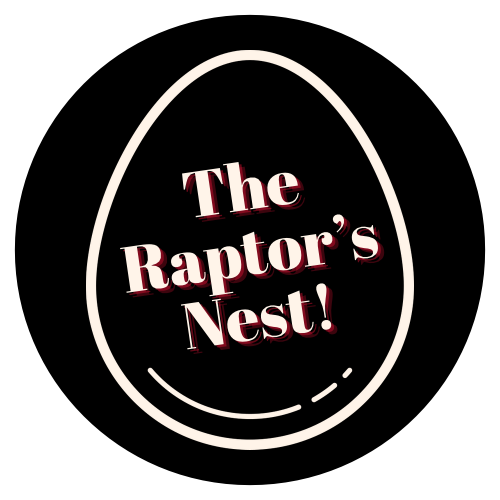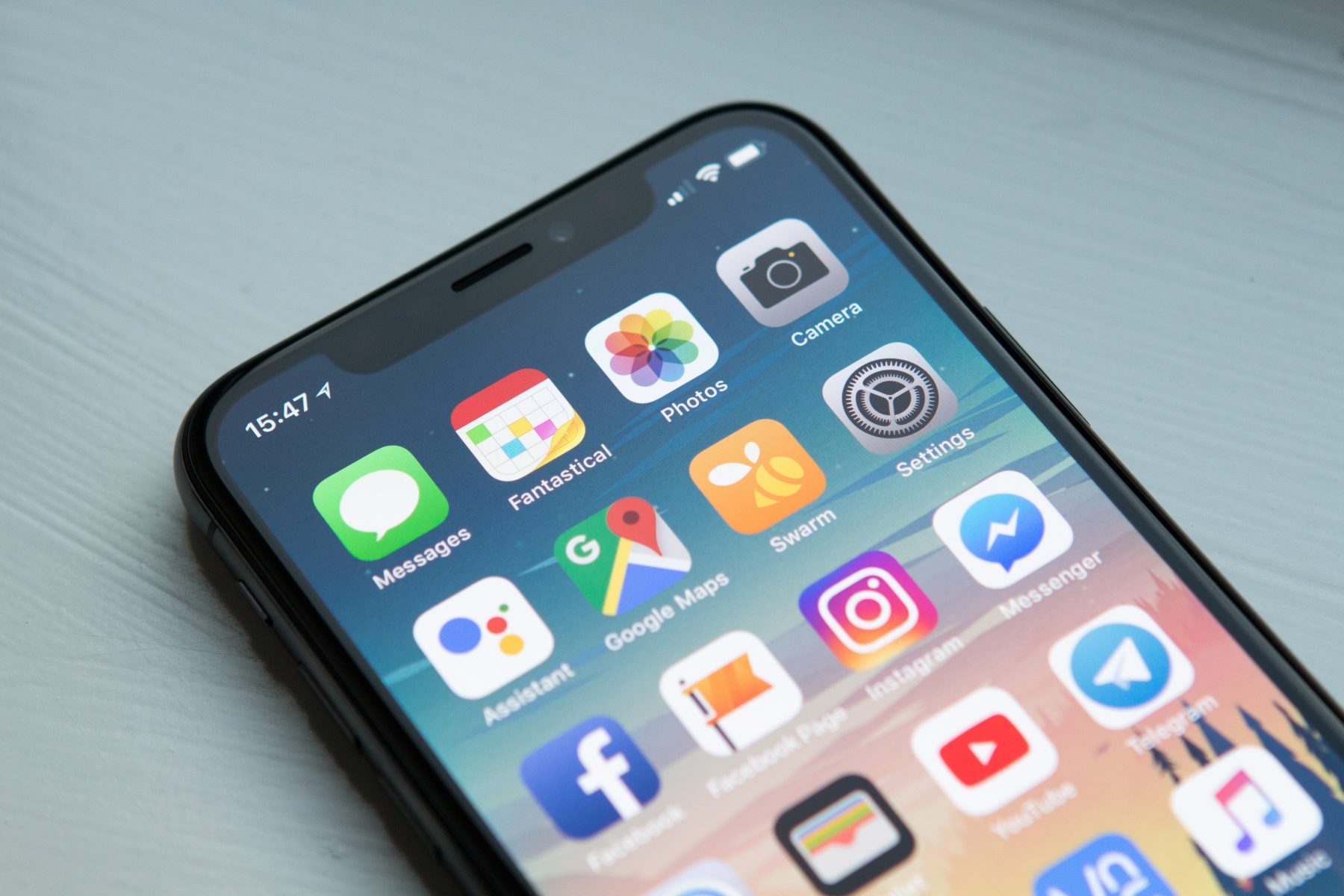| Written by Breanna R. |
There are hundreds of general apps that are useful for college students and some that are specific to a university. I’ve listed a few of the basics, which include some gems, followed by information about the Rutgers University–Camden App, the only app you’ll ever need to navigate and fully immerse yourself in the Rutgers–Camden experience. All suggested apps are free unless otherwise specified.
The Basics (in no particular order)
Venmo or Cash App
Venmo is a money-sharing app created by PayPal. Your information is super safe and it’s free when it’s connected directly to your bank account or debit card (there is a three percent fee for transferring money from your credit card, so I wouldn’t recommend that).
Cash App is similar. I like Venmo more because, at least in this area, more people tend to use Venmo than Cash App (and it can link up to your Facebook account, so you can find people easily even if you don’t have their username). I also feel more protected using an app hosted by PayPal. With Cash App, the money comes directly from and is directly deposited to your bank account. With Venmo, you can choose to keep money received in a Venmo balance. (This can help you save a little. I transfer my Venmo balance to my bank account once a month. Even though you’re not making money, it feels good to have some extra dollars deposited after a month of spending.)
Mint
I would describe Mint as a tell-me-where-the-heck-my-money-is-going?! app. When budgeting, awareness is half of the battle. Mint handles that for you. The other half is reservation. It takes a little bit of time to set up but it’s definitely worth it.
My linked accounts are my savings account, my checking account, my credit card, my car loan, and my school loans. If you link all of your accounts, the app essentially shows you your net worth (which, if you’re in school and have taken a lot of loans out, is probably in the negatives). What’s great is having an overview of all of your debt that takes into account your actual income so you can be realistic about your goals and forward-thinking. All my transactions are available in one place for review. I also linked my Comcast bill, my Apple Music membership, my Amazon Prime membership, my Netflix membership, and my monthly rent to the app so it can alert me when things need to be paid and factor those bills into my monthly budget.
You can set budget markers, too. For example, limit yourself to $40 on coffee shops per month and $100 on restaurants per month and the app will show you where you’re at in your budget and alert you when you’ve gone over so you can slow down a little bit. In May I spent $246 on gas (which, for me, is a lot since I only live six minutes away from campus). I wouldn’t have known that without Mint. Now I can take this into consideration next time I’m deciding whether or not to offer to drive a group of my friends to the shore and back.
EasyBib
Listen, Linda. This app should not be used a replacement for actually learning MLA, APA, or Chicago Manual Style for formatting your Work Cited/References sections of your academic papers. However, it is a good starting point. After spending two years as the university’s Graduate Writing Assistant and helping graduate students write and format their papers from across the curriculum, I’m allegedly some sort of expert on all three styles. That being said, I usually use EasyBib as a starting point, myself. I plug in my source information (you know, author, date of publication, publisher, etc.) and the app formats it for me. Crucially, I am sure to use my actual knowledge (and style manual) of whatever style I’m working with to double, triple, quadruple check that everything is correct. Most instructors are sticklers about formatting and citations, so do quadruple check. Relying entirely on EasyBib to accurately format your sources is like relying entirely on Grammarly to decided whether or not your passive voice is effective. (Grammarly is great and all, but definitely not 100 percent foolproof. Neither is EasyBib.)
And, if you have no idea what I’m talking about with all of this formatting stuff, then definitely download the app to get started when the time comes.
G Suite
No matter your major, the likelihood that you’re going to a have a group project or two is high. (Don’t ask me why instructors do this but, apparently, it’s a thing.) G Suite (formerly Google Apps) comprises Sheets, Slides, Drive, Calendar, Gmail, and all other Google Apps. It makes keeping organized, staying connected, and collaborating to complete projects and assignments incredibly simple.
By the way, your Rutgers student e-mail (Scarletmail) is linked up to Google (Gmail). So you can log-in to and work within G Suite using your Rutgers student e-mail.
Some Type of Calendar
I say some type of calendar because, if you’re like me, you could be super picky about the way your schedule is organized. Some calendar apps have so many customization options that things get distracting; others are far too limiting to be of any use. So, pick what works for you. Just make sure you have one.
Last year, I wrote a blog post called How to Best Utilize Your Planner(s). It ultimately suggests how to use both a physical and a digital planner simultaneously and I definitely still stand behind this. Since writing that post, I have changed my Apple Calendar to Google’s Calendar because it feels more seamless, is a little more visually appealing, and is linked up to my G Suite. And next year, I’ll probably have something totally different. Just have some type of calendar.
Headspace
This app was a game-changer for me. You can work through easy-to-follow, step-by-step meditation practices and track your progress. We have posts about what do when the going gets rough and what Rutgers–Camden services there are to help, such as It’s Okay to Get Help. But, what about how to prevent the going from getting so rough? How can we help ourselves a little every day? Headspace facilitates 10 minutes of body and mind awareness each morning and night that can center you and help you control or compartmentalize stresses in your life. Personally, I still used university services like the Health Services to talk to someone when things became overwhelming, became much bigger than my head space, and I still talked to my academic advisor, often, when I had to make daunting decisions about my major or was having second thoughts; however, the app definitely helped me with my day-to-day stresses and attitude toward school, life, and work.
Groupon
Before you do anything, check Groupon! You can find daily deals in almost every consumer category you can imagine, from dining to shopping to traveling. This app speaks for itself.
TED
I never appreciated TED Talks until I was in college. You can plug in your preferences for TED Recommends and find talks just for you based on your interests and concerns. I love music and am constantly shuffling my iTunes while I walk around campus; however, if you replace just one or two songs a day with a TED Talk, you’re gaining a lot and losing a little. When you’re getting ready in the morning, on your train ride to school, or even during free period while you eat your lunch outside on the quad, consider playing a TED Talk instead of the next banger. For me, this app worked kind of like Headspace. It tapped me into a perspective I wouldn’t normally reach on my own, sparked ideas, motivated me. Of course you can watch TED Talks on the computer but I found that having the app on my phone was much more convenient and allowed for mobile listening.
Podcast Apps
For some, Ted Talks aren’t all that and a bag of chips. So in lieu of or in addition to TED, you can download one of the many great podcast apps on your phone. Some worth noting are Radio Public, Castbox, and Stitcher. For those who like comedy, check out Laughable, and for those who like sports, TuneIn Radio offers MLB, NBA, NFL, and NHL if you purchase the premium version of the app. TuneIn Radio also works with your Apple Watch, CarPlay, and Chromecast.
Personally, I use the Podcasts app on iOS (it basically comes with your iPhone). My favorite podcast channel is Radiolab. You wouldn’t think an English major would be so interested in science, but I find the topics fascinating and the concepts Radiolab introduce are rendered in a way that the average layperson (like me) gets it. It stands out above all other podcasts I’ve come across.
UNiDAYS
UNiDAYS claims they are the “essential student app,” linking you quickly to hundreds of top brands that offer student discounts on products like clothing, shoes, tech, travel and lodging, food, and some exclusive limited time offers. For example, in the food category, you’ll see that UNiDAYS gives you access to $15 off your next Grubhub order, just for being a student. That’s free money! Don’t miss it.
The Rutgers–University Camden App
This app is basically all of your Rutgers–Camden apps in one. It links you to events going on all over campus, student groups and organizations, and university services. There is also a Campus Wall (a feed kind of like your Facebook Timeline) that has been described as “The best parts of Facebook, Twitter, and Instagram combined.” There’s private messaging, campus maps, security and announcements, and a timetable that records classes, exams, and to do lists. You can even check the line at Starbucks with the Starbucks Cam or see when the next shuttle will be coming to your nearest stop with the Shuttle Tracker.
Download here: http://rutgerscamden.campusapp.com/

